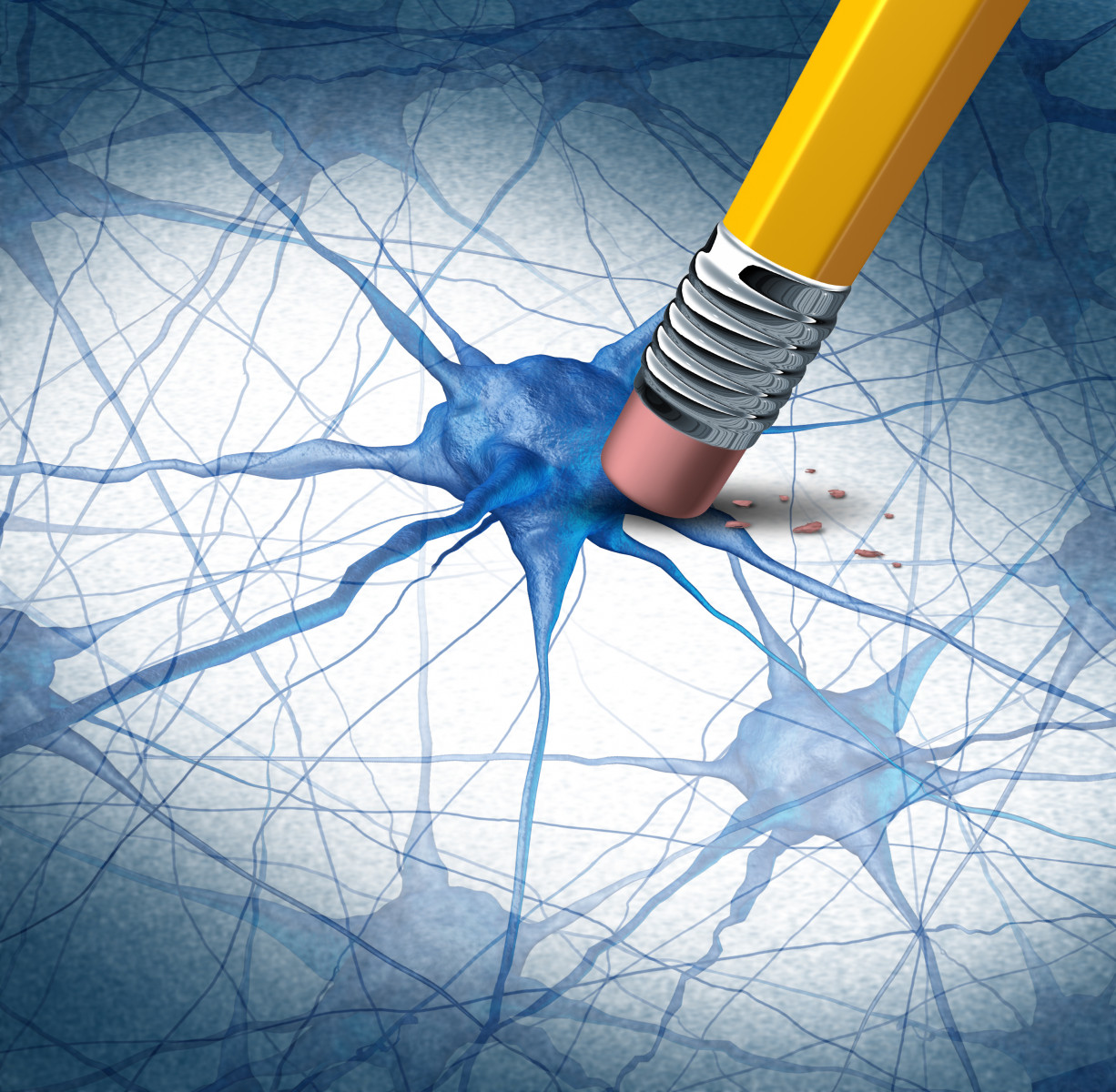Researchers Study Cognitive Decline in Older MS Patients for Alzheimer’s Link
Written by |

As multiple sclerosis (MS) patients live longer, researchers have observed similarities between changes in their brains and in the brains of Alzheimer‘s patients, a study found.
Understanding whether these changes are the result of worsening MS-related neurodegeneration or co-occuring (comorbid) Alzheimer’s disease will help guide better treatment decisions.
The study, “Long-standing multiple sclerosis neurodegeneration: volumetric magnetic resonance imaging comparison to Parkinson’s disease, mild cognitive impairment, Alzheimer’s disease, and elderly healthy controls,” was published in the journal Neurobiology of Aging.
MS is an autoimmune disorder characterized by neurodegeneration and brain atrophy. Conditions affecting older individuals, such as Alzheimer’s and Parkinson’s disease, also involve neurodegeneration. As MS patients get older, it is necessary to understand the differences between these different neurological conditions, and assess the possibility of their coexistence.
Researchers at the University at Buffalo conducted a study to compare brain changes among 184 age-matched healthy people (control group) and 220 older patients with MS, Alzheimer’s, Parkinson’s, or amnestic mild cognitive impairment, which primarily affects only memory. Those with MS accounted for 112 patients tested.
Participants underwent magnetic resonance imaging (MRI) to scan for structural changes in their brains that might help explain declines in cognitive function. MRI is a common medical imaging technique that uses radio waves and a strong magnetic field to generate detailed images of the body’s organs.
“One of the goals of the study was to identify certain structural MRI features that could help us better understand the newly emerging cognitive deficits seen in aging MS patients,” Dejan Jakimovski, the study’s first author and an MD-PhD candidate at the University of Buffalo, said in a university news story.
“Given that cognitive decline is a symptom of MS, Alzheimer’s disease, Parkinson’s disease, and amnestic mild cognitive impairment, we are using magnetic resonance imaging to begin to uncover some structural features that may distinguish how this symptom develops in these different diseases,” Jakimovski said.
Researchers found that the extent of white matter volume atrophy (wasting) was the most significant factor differentiating the brains of MS patients from those of the other groups analyzed. MS patients had significantly lower white matter volume compared with those in other disease groups — a finding that is in line with the fact that white matter decay underlies many MS symptoms.
White matter consists mostly of myelinated axons. Axons are the main trunk of a neuron, and myelin insulates them, allowing electrical signals to travel along an axon’s length. In this sense, white matter functions like a subway system, connecting distal parts of the brain, and transporting information from one area to another.
“Pathology within the white matter of the brain is specific to MS patients. These inflammatory lesions affect the axons, the brain’s main highways for information, and their disruption significantly decreases the speed and efficacy of information processing,” said Robert Zivadinov, MD, PhD, the study’s senior author.
MS patients also had lower thalamus volume when compared with all other neurodegenerative diseases. The thalamus’ main function is to relay motor and sensory signals to the cerebral cortex.
Comparisons of MS and Alzheimer’s brain scans revealed another significant finding: “We were surprised to see that MS patients have low brain volume that is comparable to that seen in Alzheimer’s disease,” said Jakimovski.
But the meaning of that finding, such as whether or not MS patients have a higher risk of developing Alzheimer’s, remains unclear, Zivadinov said.
“As the first of its kind, our study may increase the awareness of a potential Alzheimer’s-associated pathology among MS patients,” he said. “We urge clinicians to screen their aging MS patients for Alzheimer’s disease-related cognitive changes.”
Longitudinal studies, which track patients over a longer period of time, are needed to determine the specific rate of MS-related brain atrophy, the researchers said.
A previous study by the same group uncovered similarities in declining verbal fluency between aging MS and Alzheimer’s patients. In the new study, both sets of patients also struggled to make lists of words beginning with a certain letter of the alphabet or that were part of a specific category, such as animals or supermarket items.
“Understanding whether these changes are due to a worsening of the neurodegeneration in MS or a comorbid occurrence of Alzheimer’s disease is crucial in developing treatment options,” Jakimovski said.


